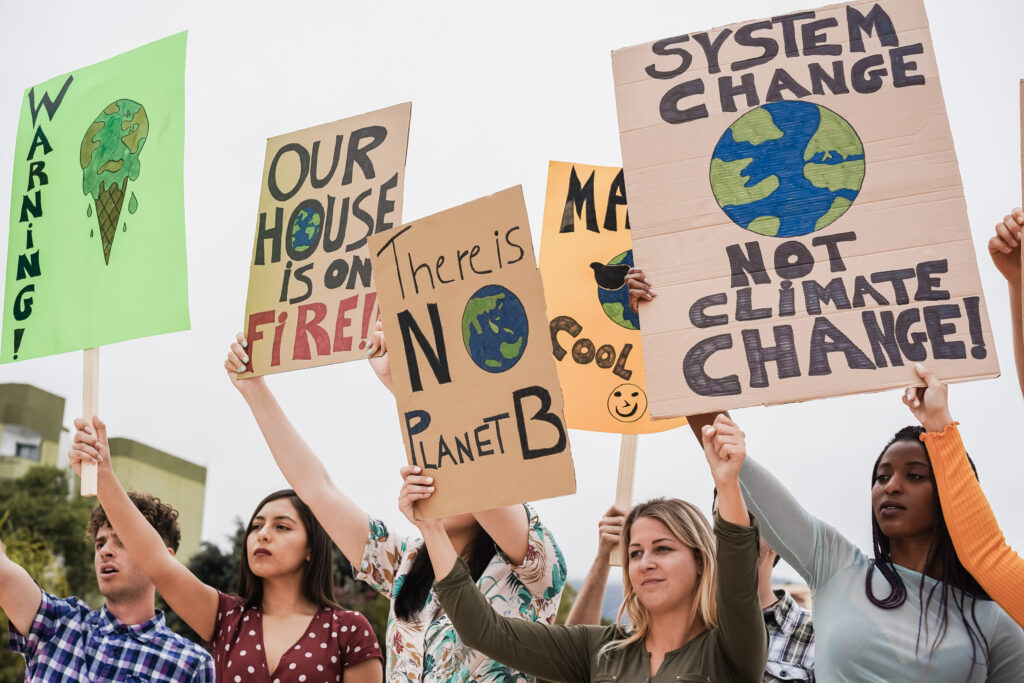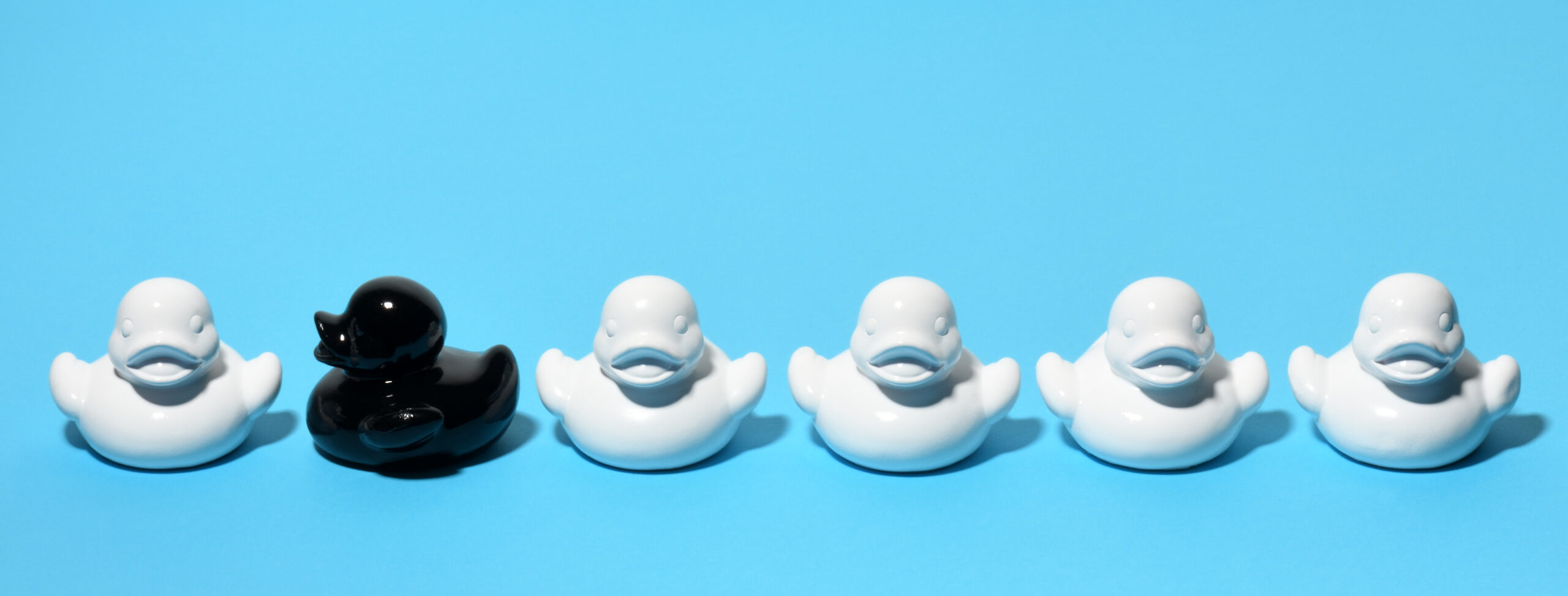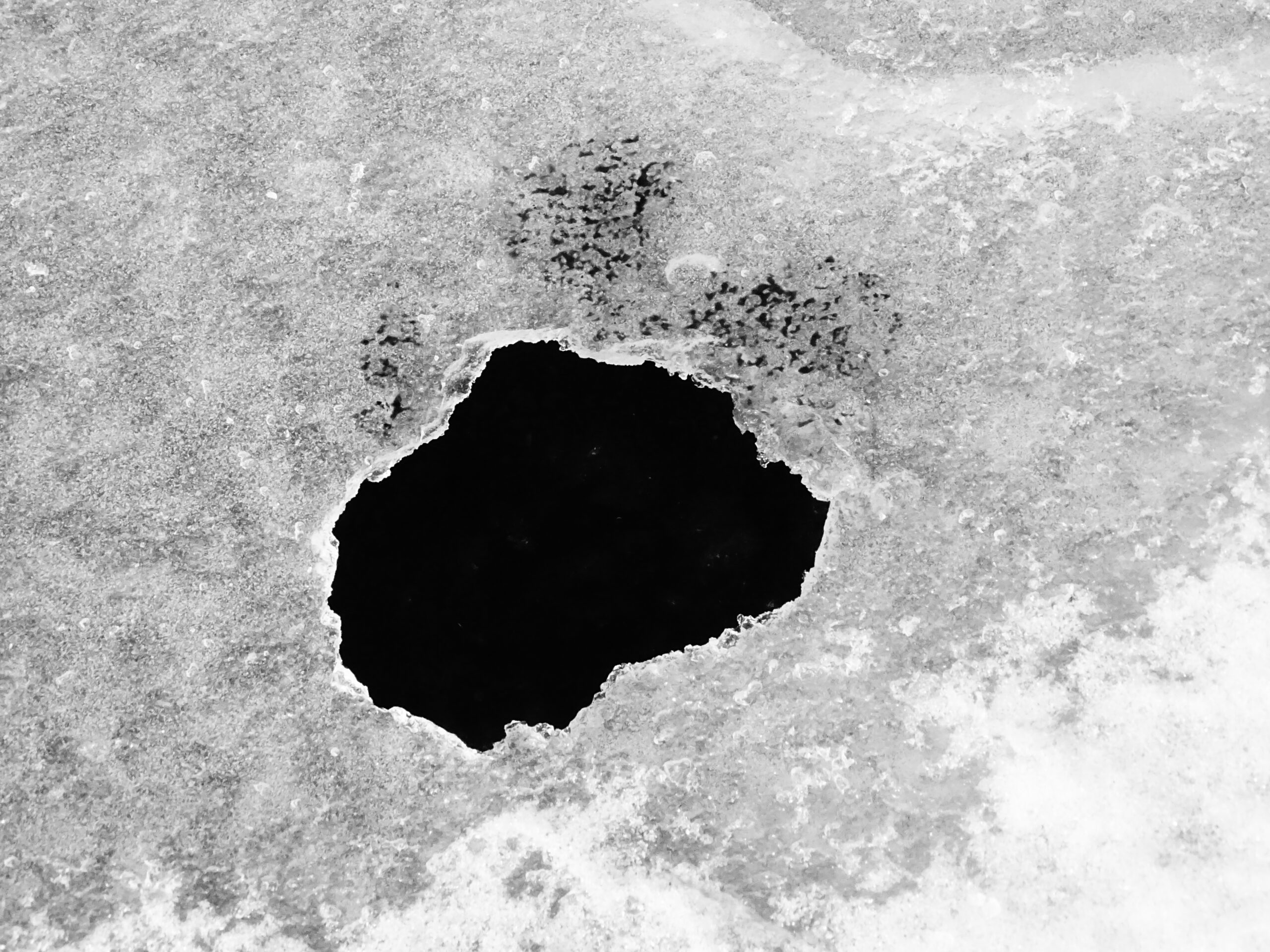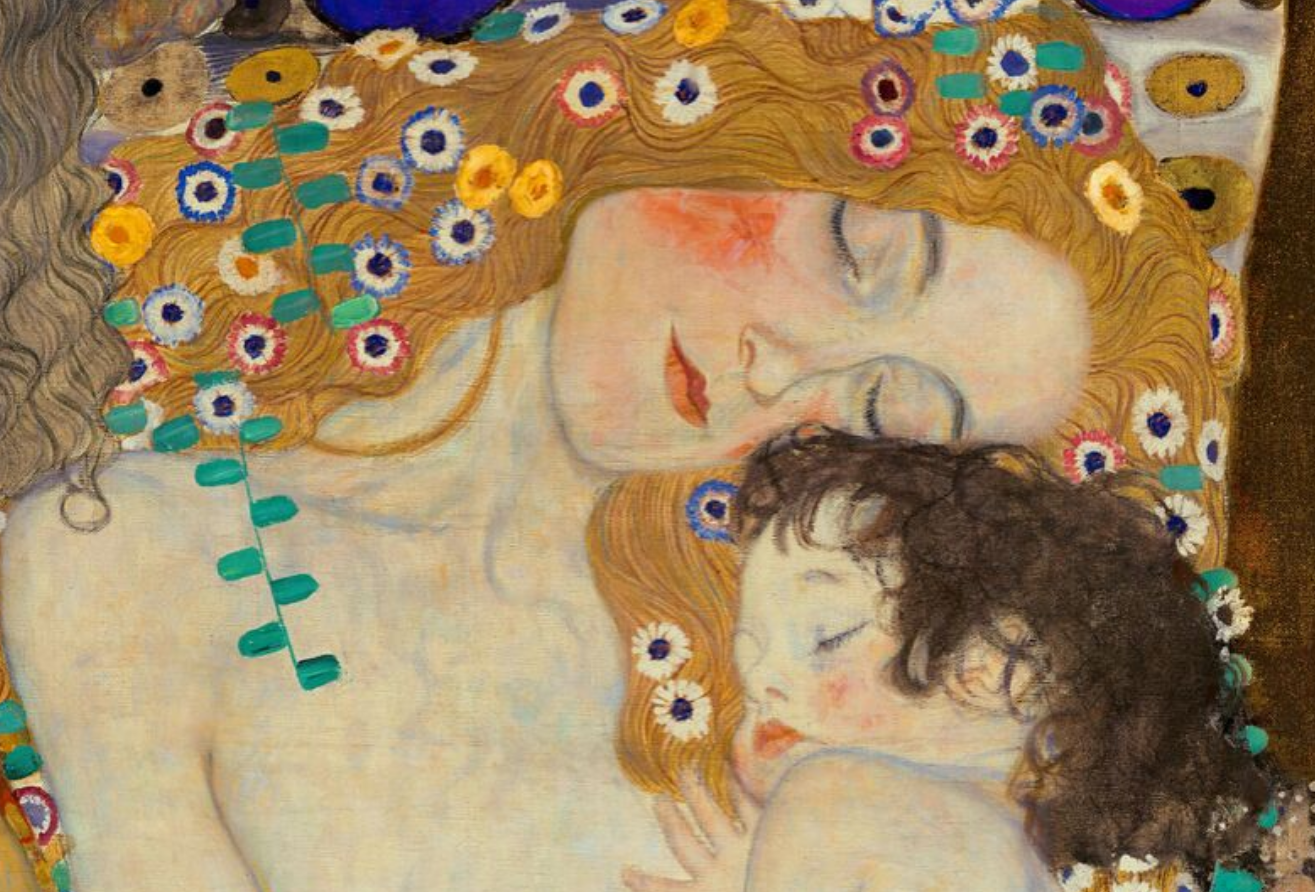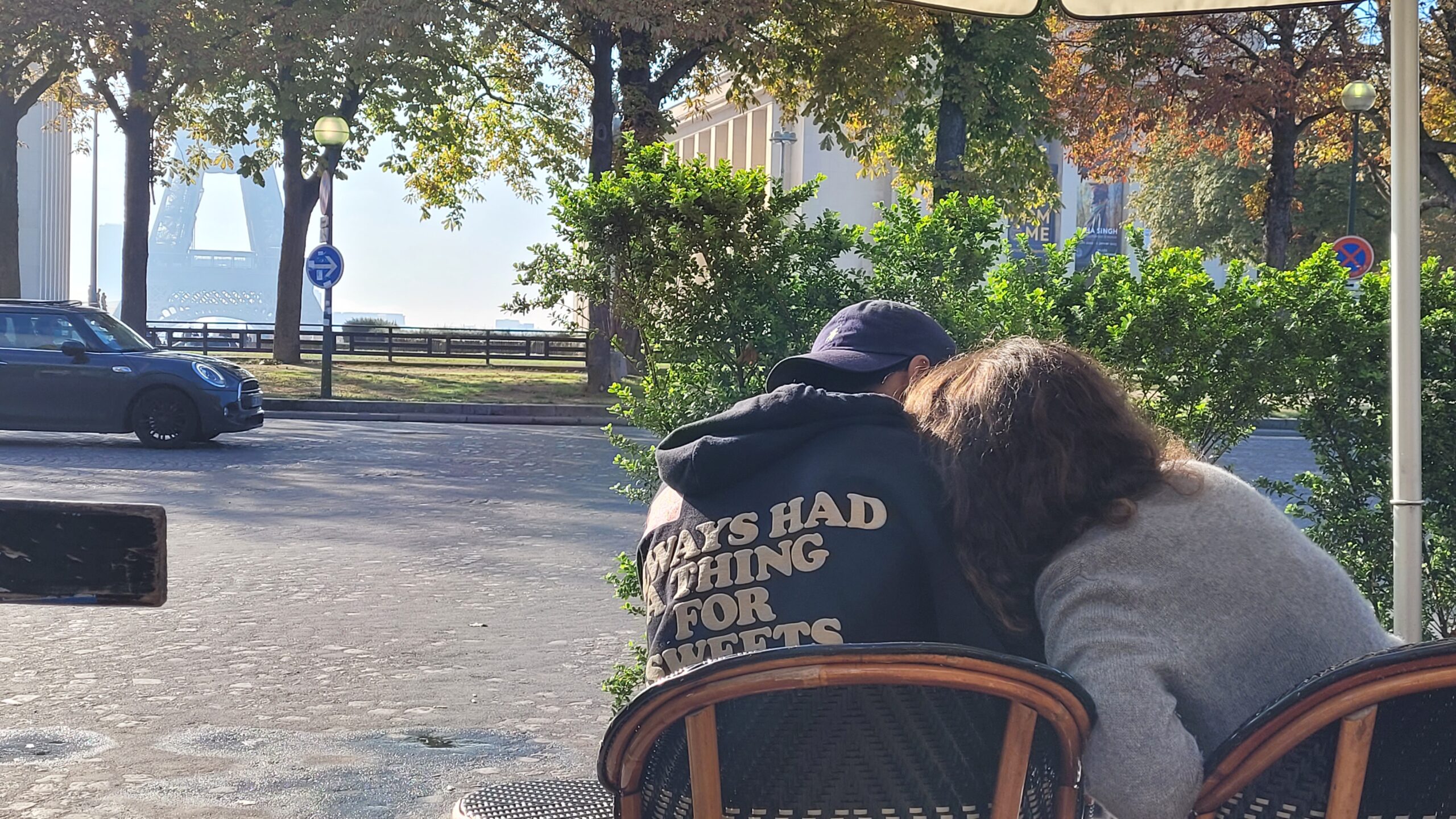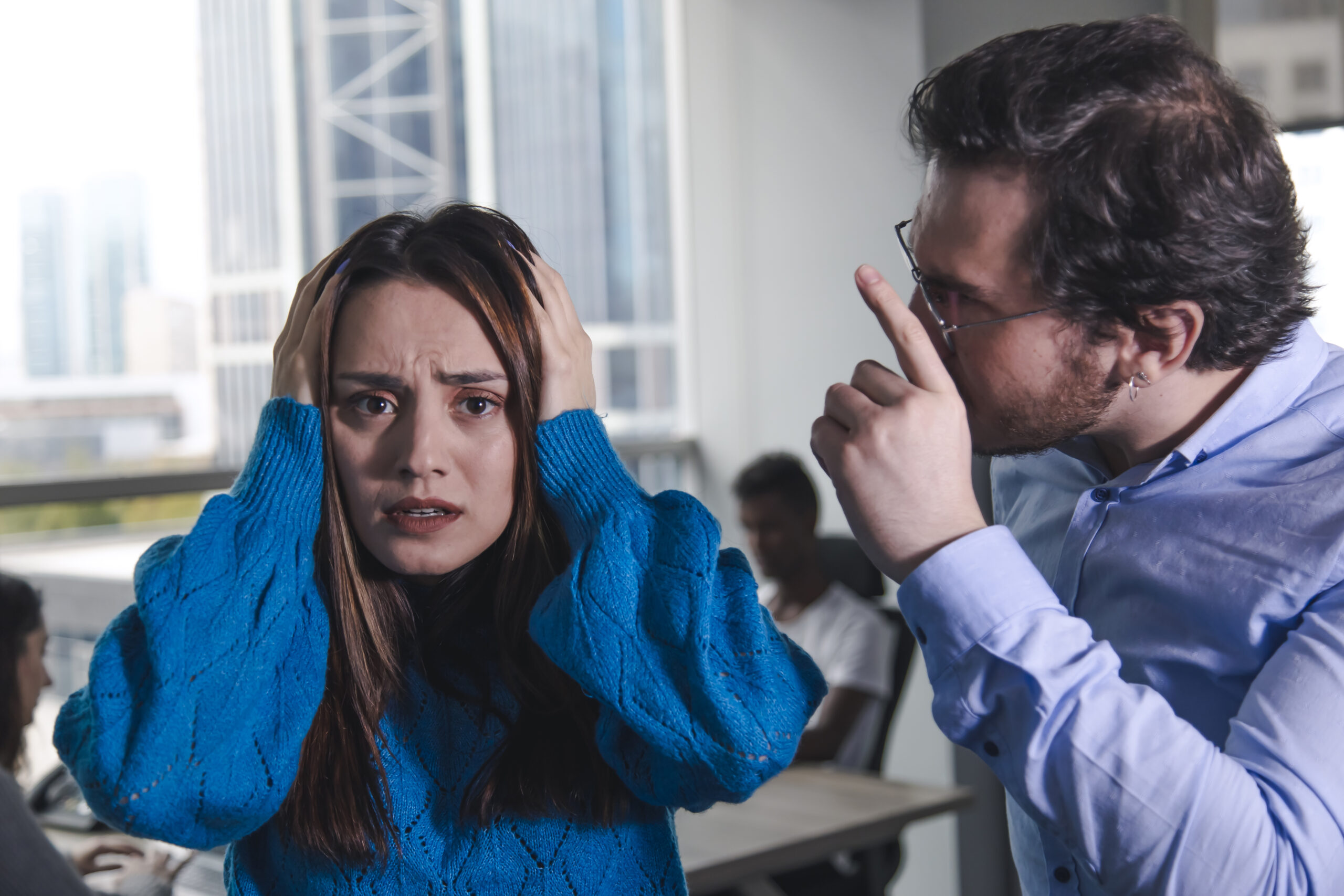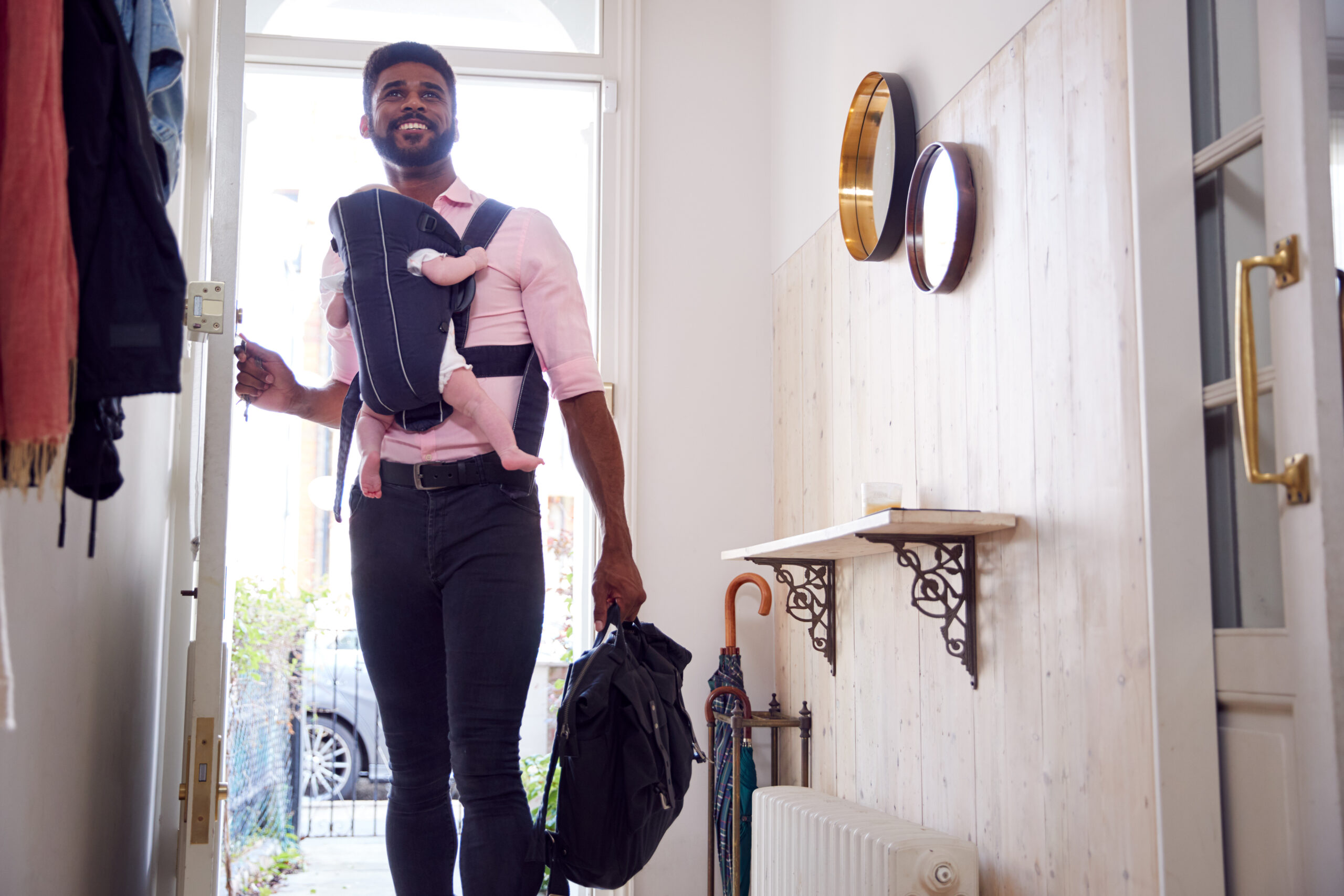I had finished editing this piece a week before the world shockingly woke up to Russians invading Ukraine.
Headlines everywhere wrote “ a new world order” as war spread in Europe. The modern world anxiously watched as premises of historical events unraveled before their eyes. Patients came to sessions with uncertainty hitting the roof, reassessing the world they’ve been living in. “How is this possible, in 2022?

But god, did it vanish quickly!
My country is in the middle east. Where conflict is always happening, and death tolls are reduced to numbers in the press (if mentioned). Recent events and news coverage made it very clear: these countries and their refugees are not as worthy of attention as blond/blue-eyed refugees.
Our brain is too fragile to deal with the complexity of the world around us, it needs simplifications and biases to get around, to survive.
One only needs to try and pick strictly “healthy” “eco-friendly” and “budget-friendly” products at the supermarket to realize how idealistic this has become.
But this time, our capacity to survive is only bringing us closer to our doom.
We look away, but our world is sick.
We look away but species are going extinct.
We look away but rivers are flowing, viruses are spreading, and fires are raging. And we still look away. Helpless as fuck.
Patient of a system
There is a theory in psychology that we use when a family consults claiming everything’s fine “but Ted is not doing well”. Ted this, and Ted that. The ugly little duck Ted. This theory claims that Ted is only here to point out the dysfunctions of a system that no one wants to see. So we look at Ted, feeling helpless. And we are helpless, as long as we look away.
I will twitch it, with this theory in mind:
Look at your ugly little duck.
And the middle east is one of them.
Often, one cannot exist without the other. Just like bees disappearing would eradicate humans, we are all interdependent. We are a system of mechanics that constitute an ecological environment.
If covid has taught us one thing – it is that.
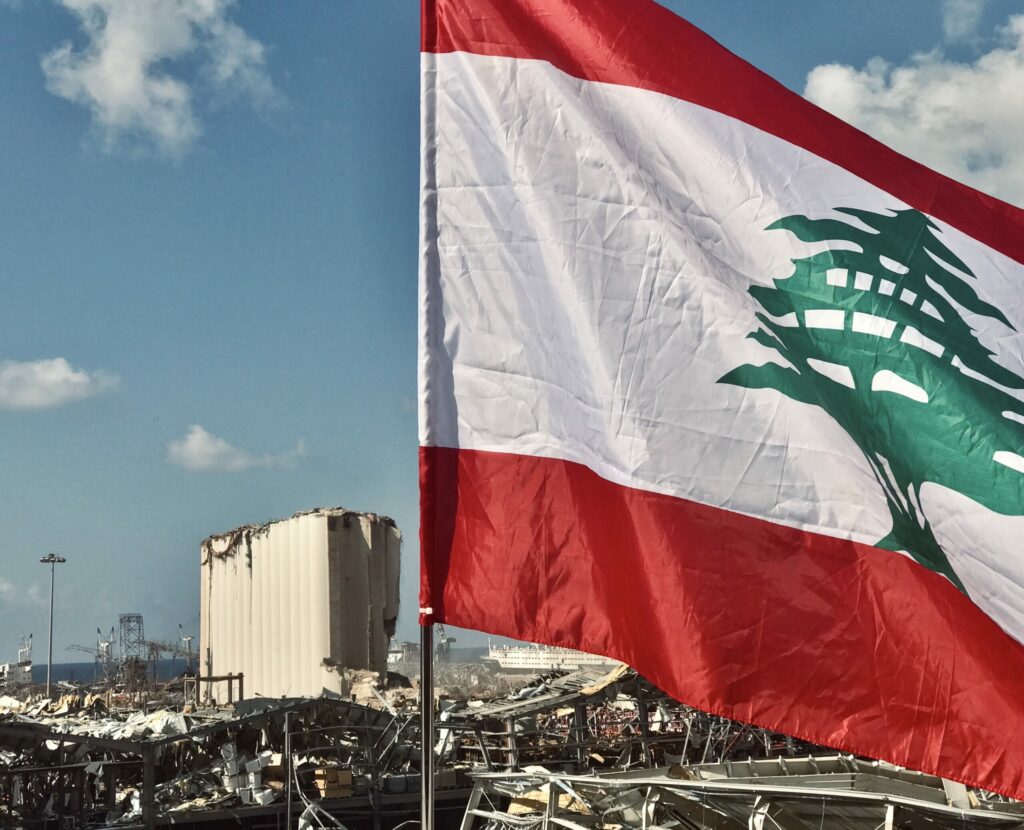
Just like Chinese people caught the virus first hand we, the Lebanese, lived the downfall of society firsthand. The destruction of an ecosystem led by corruption, greed, and mediocrity.
Looking back, I recall the words of a historian blaming “the irresponsible elite”. The one that parties, while its neighbors are being mistreated.
Just so we’re clear: no, – I’m a psychologist for god’s sake! All I am saying is we, as first-world elites, have responsibilities in the world we strive in. And if we don’t take them, it is only so long before we bathe in the same dirty water then them, “the third world people”.
In Lebanon, less than 10% of our population ended up taking 90% of the populations’ lives savings and resources.
Sounds familiar?
And my people?
They’re still alive but they’re gone. They’re either scattered across the globe or they’re home, but their essence has left, and the only thing we have in common is the loss of a country, the loss of a home, and a souvenir from a time, where all felt easier.
There is something very particular about losing your homeland. An ache like no other. And I wish it to no one. Your home, your family, your childhood, your ancestors, your silly games, those happy hikes and long hours drive. This simple being in the air of the night, the mountains, the sea, the sunsets being different every day. I used to enjoy these sunsets, every day.
The conception of a fragmented world or a fragmented body only works until you realize that we all belong to the same system. One day, that isolated lump will metastasize and the truth will come out: we are as vulnerable as our weakest parts.
